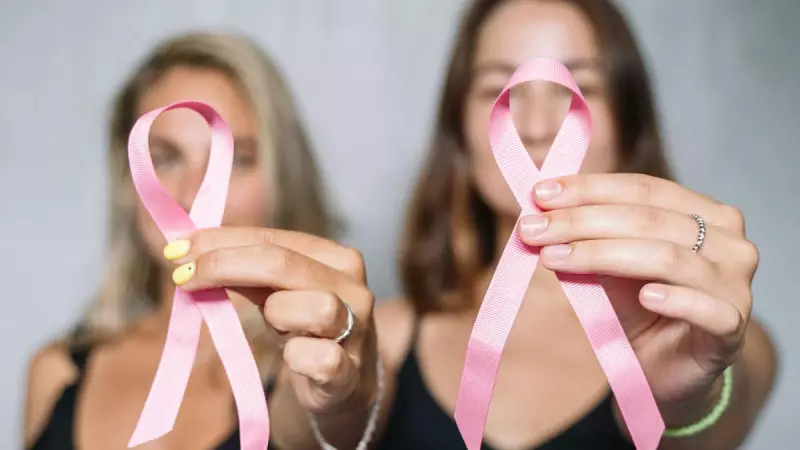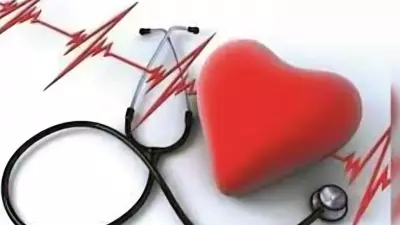
When it comes to breast cancer awareness, misinformation can be as dangerous as the disease itself. Despite increased access to medical information, many millennials continue to believe outdated and potentially harmful myths about breast cancer detection and risk factors.
The Top 5 Breast Cancer Myths Debunked
Myth 1: "I'm too young to worry about breast cancer"
This dangerous assumption could cost lives. While breast cancer risk increases with age, young women in their 20s and 30s can and do develop breast cancer. Early detection remains crucial regardless of age.
Myth 2: "No family history means I'm safe"
Approximately 85% of breast cancer cases occur in women with no family history of the disease. Genetic factors play a role, but they're not the whole story. Environmental factors and lifestyle choices significantly impact your risk.
Myth 3: "Breast self-exams are outdated and unnecessary"
While formal clinical exams and mammograms are essential, self-awareness remains your first line of defense. Knowing what's normal for your body helps you detect changes early when treatment is most effective.
Myth 4: "Only women get breast cancer"
This misconception puts men at risk too. While less common, men can and do develop breast cancer. Awareness and early detection matter for everyone.
Myth 5: "Lumps are the only warning sign"
Breast cancer can present in various ways beyond lumps. Watch for skin changes, nipple discharge, persistent pain, or swelling. Any unusual changes warrant medical attention.
What Every Millennial Should Do Now
Start by understanding your personal risk factors and maintaining regular check-ups. Don't let misinformation dictate your health decisions. Knowledge truly is power when it comes to cancer prevention and early detection.
Remember: When in doubt, consult healthcare professionals rather than relying on internet rumors or outdated beliefs. Your health deserves facts, not fiction.





